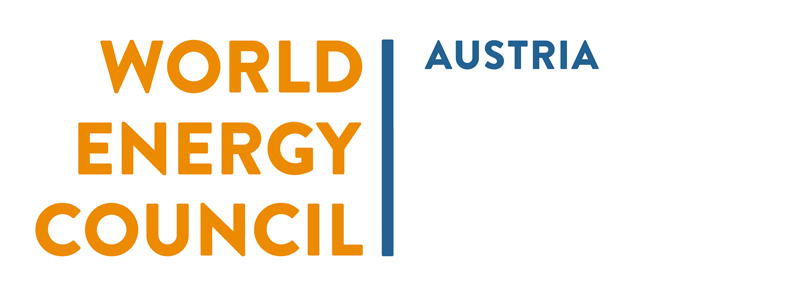Our Story
The History of the World Energy Council and Its Development in Austria
The Origins of the World Energy Council
The World Energy Council (WEC) was founded in 1924 and is now one of the most important international organizations in the energy sector. Its roots go back to the first World Power Conference in London, organized by Daniel Nicol Dunlop, a Scottish entrepreneur and visionary driven by the idea of promoting international cooperation in the energy sector. The conference brought together around 1,700 delegates from 40 countries, including scientists, engineers, industrialists, and political decision-makers. Its goal was to map the world’s energy resources and develop joint solutions for energy supply challenges.
Particularly after World War I, when national borders and economic crises made international cooperation difficult, the conference sent a strong message about collaboration and knowledge exchange. Following the success of the first conference, a permanent committee was established in 1925, initially operating under the name World Power Conference (WPC). In 1968, it was renamed the World Energy Conference to reflect the growing importance of alternative energy sources and the broader range of energy options. Finally, in 1989, the organization was renamed the World Energy Council and converted into a non-profit foundation.
The central guiding principle of the World Energy Council has remained unchanged to this day:
“To promote the sustainable supply and use of energy for the greatest benefit of all people.”
The Establishment of the World Energy Council in Austria
Austria has played a role in the World Energy Council from the very beginning. The country was invited to the first World Power Conference in 1924, although political tensions and international isolation following World War I initially made cooperation challenging. A key moment for the Austrian committee came in 1956 when the 5th World Power Conference was held in Vienna. This conference marked an important milestone, establishing Austria as an active participant in the global energy dialogue. The focus of the Vienna conference was on the efficient use of global energy resources and the role of new technologies, topics that remain highly relevant today. The choice of Vienna as the host city was no coincidence: due to its geopolitical location, the city was seen as a bridge between East and West, which was especially significant during the Cold War.
The World Energy Council Austria Today
The Austrian committee of the World Energy Council is part of the global network, which operates in over 100 countries. The World Energy Council Austria aims to foster dialogue between politics, science, and industry and critically follow the latest developments in the energy sector.
The core tasks of the Austrian committee include:
-
- Knowledge transfer: Exchanging information on energy policy and technological developments with international partners.
- Research and analysis: Conducting studies on renewable energy, energy security, and the future of energy supply.
- Networking: Promoting cooperation between companies, research institutions, and government agencies.
- Young Energy Professionals: An interdisciplinary network of young professionals in Austria’s energy sector.
A special focus is placed on the energy transition. Austria is committed to expanding renewable energy sources such as hydropower, wind energy, and solar power and uses the World Energy Council as a platform to learn from international best practices and showcase its own innovations.
Austria actively contributes to global topics within the framework of the World Energy Council, including:
-
- Energy Security: Given the geopolitical tensions in Europe, Austria plays a key role in discussions about a stable and sustainable energy supply.
- Renewable Energy: With its high share of hydropower, Austria serves as a model for many countries in the use of renewable energy sources.
- Innovations in the Energy Sector: Austrian companies and research institutions are working on the development of energy storage systems, hydrogen technologies, and energy-efficient solutions. This knowledge is shared internationally through the World Energy Council.
Looking to the Future
The World Energy Council Austria sees its mission not only in promoting existing solutions but also in exploring new approaches. In the coming years, the focus will increasingly be on the following topics:
-
- Decarbonization: Exploring ways to reduce CO2 emissions and promote climate-friendly technologies.
- Hydrogen Energy: Integrating hydrogen as an energy carrier into Austria’s energy mix.
- International Cooperation: Strengthening connections with neighbouring countries and global partners to advance the energy transition across borders.
The World Energy Council Austria is a central hub in the international energy dialogue. From its beginnings in 1924 to its current role in combating climate change, Austria has continuously expanded its position within the World Energy Council and established itself as a thought leader in the global energy transition. Through international collaboration and innovative projects, the World Energy Council Austria will remain a vital voice in both national and global discussions on sustainable energy supply in the future.
